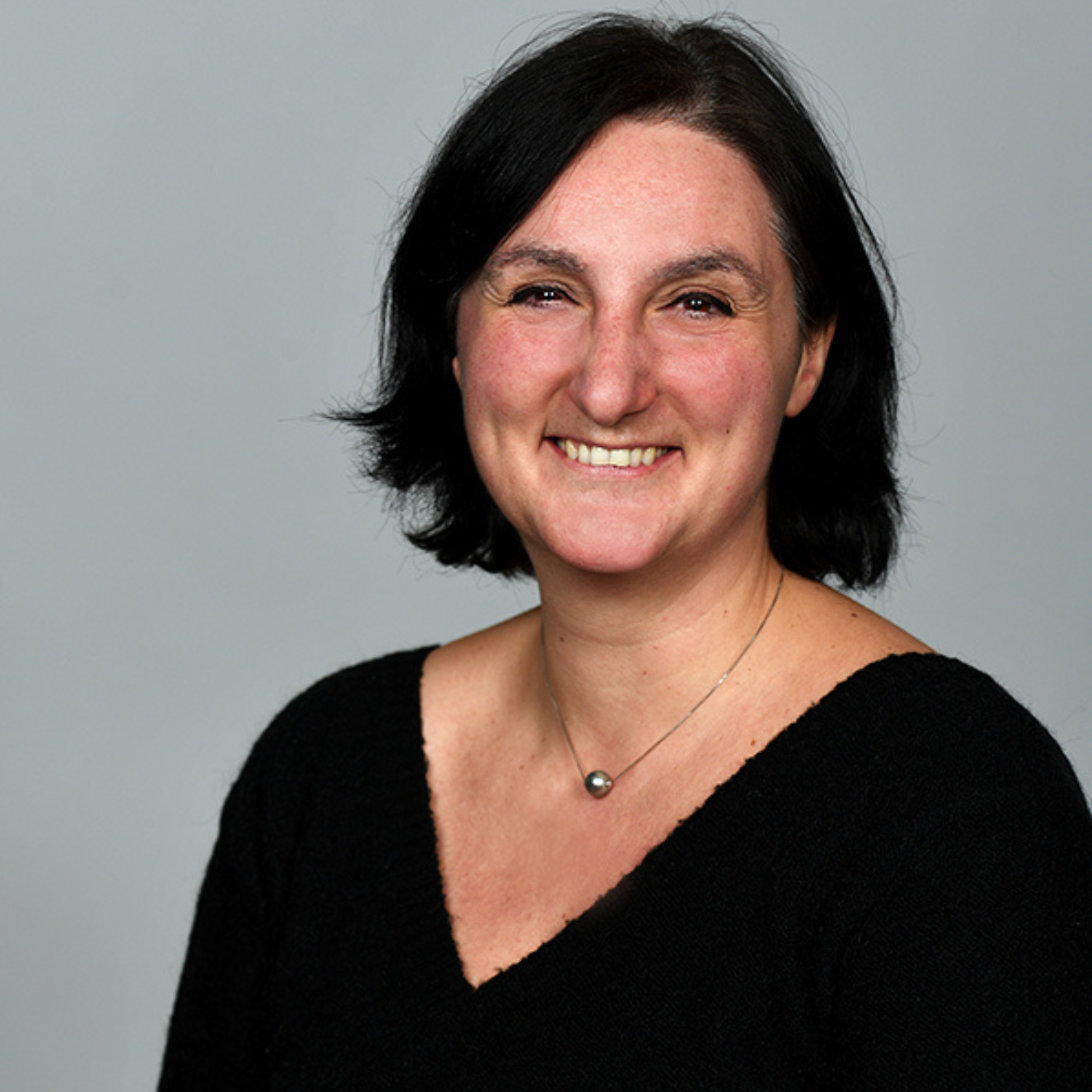Lorna Anguilano
Using native plants to harvest valuable metals from contaminated soil
Using native plants to harvest valuable metals from contaminated soil
Lorna Anguilano’s academic career has taken her from studying Earth Science at the University of Milan to a PhD in mineralogy and archaeometallurgy at University College London. Then, at Brunel University, London she established her research passion in material recovery and waste stream upcycling.
“I really enjoy visiting ancient mines – the landscape is almost lunar,” she says. “A variety of lichens and mosses grow on abandoned soils that are full of contamination. The idea is to utilise the capacity of plants that survive in these environments as a tool for metal recovery and to switch the view of these sites from contamination to resources.”
Lorna launched Phyona to create a commercial application for her research. They use native plants to remove metals from soil contaminated by activities such as mining, then harvest the plants, extracting valuable metals and improving the quality of the soil.
Lorna may be a scientist but it’s an interest in people that drives her research. “Researching technology and developing innovations to solve global challenges is also a way to bring experiences and expertise together. It improves the quality of our lives and increases respect for our planet.”
Looking to take this technology and this business as far as it can reach, she reflects, “The biggest barrier to overcome is the fear to enter and be comfortable and confident in a men dominated sector such as engineering. I believe we (as women) are our biggest enemies and fear stops us from standing up and trying.”


